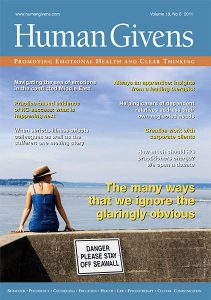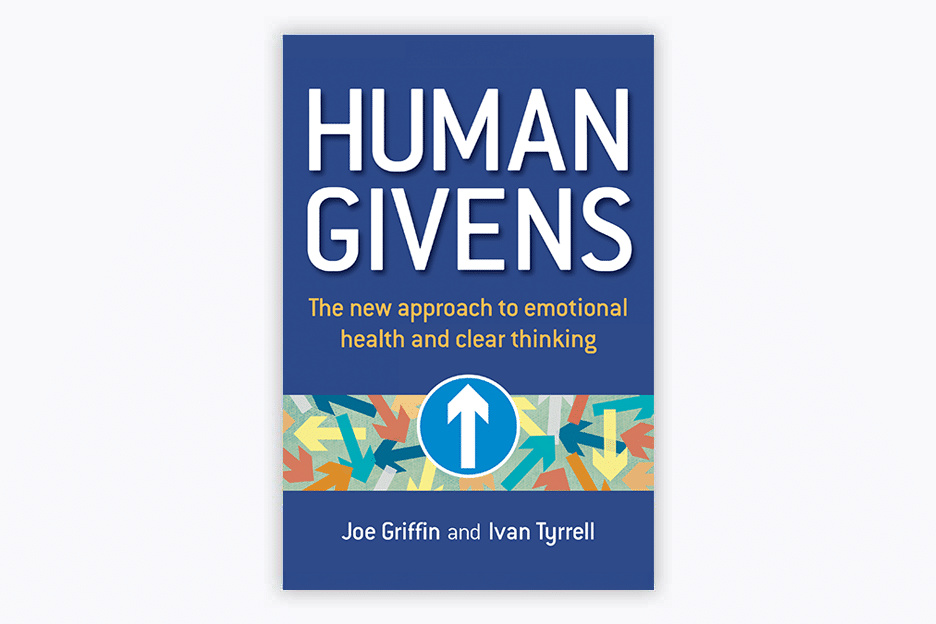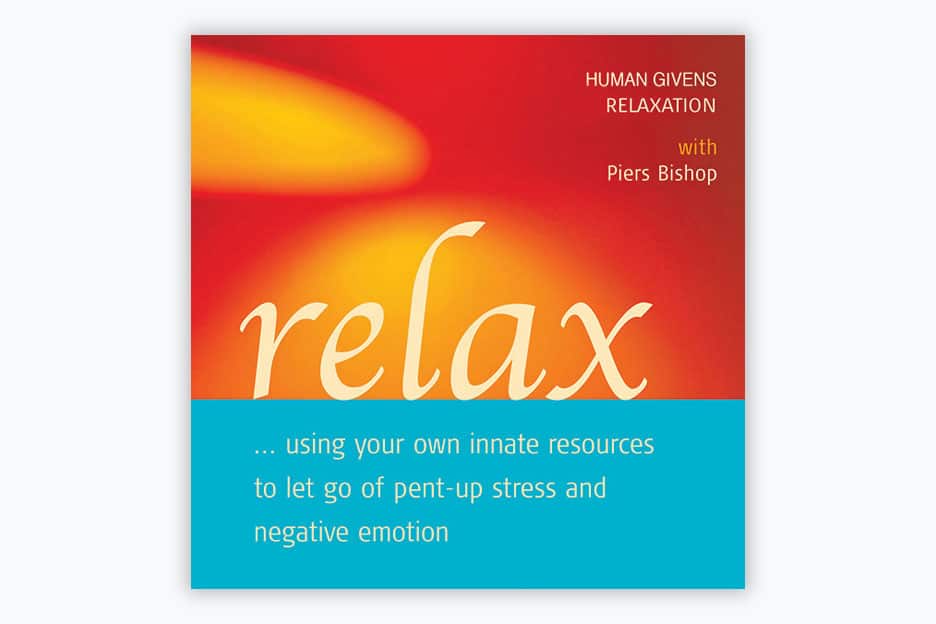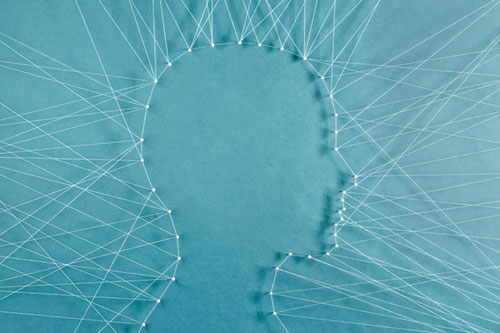Happier after a nap
Having a 90-minute nap around lunchtime reduces sensitivity to negative emotions in the afternoon and, it seems, increases sensitivity to positive ones.¹
At midday, researchers gave 18 males and 18 females (average age 21) a face-processing task, which required them to look at images of a face on screen, registering various degrees of fear, sadness, anger and happiness. The participants were asked to rate each expression on a scale of 1 (neutral) to 4 (very frightened/sad/angry/happy). Half of the participants were then invited to take a 90-minute nap, whilst the rest carried on with their usual activities. At 5pm, all completed the task again.
Those who had not had a nap showed extra sensitivity to the fearful and angry facial expressions the second time around, noticing them as more intense. The reverse was the case for the participants who had had a nap – they didn’t find negative emotions strongly expressed – but, in contrast, they were more sensitive to expressions of happiness. When quizzed, the first group reported feeling less positive as the afternoon wore on, whereas the nappers said they felt less negative.
EEG recordings taken while people napped showed that it was only those who went into rapid-eye movement (REM) sleep who were more likely to be less sensitive to negative emotions and more sensitive to positive ones.
“These results suggest that the evaluation of specific human emotions is not static across a daytime waking interval, showing a progressive reactivity toward threat related negative expressions. “However, an episode of sleep can reverse this predisposition,” say the authors. “These findings support the view that sleep, and specifically REM neurophysiology, may represent an important factor
governing the optimal homeostasis of emotional brain regulation.”
The findings also certainly fit with the expectation fulfilment theory of dreaming,² which holds that the purpose of dreaming, which most notably occurs during REM sleep, is to discharge unexpressed emotional arousals from earlier in the day, freeing up emotional energy.
References
1. Gujar, N, McDonald, S, Nishida, M and Walker, M (2011). A role for REM sleep in recalibrating the sensitivity of the human brain to specific emotions. Cerebral Cortex, 21, 1, 115 –23.
2. Griffin, J and Tyrrell, I (2004). Dreaming Reality: why dreaming keeps us sane or can drive us mad.HG Publishing, East Sussex.






